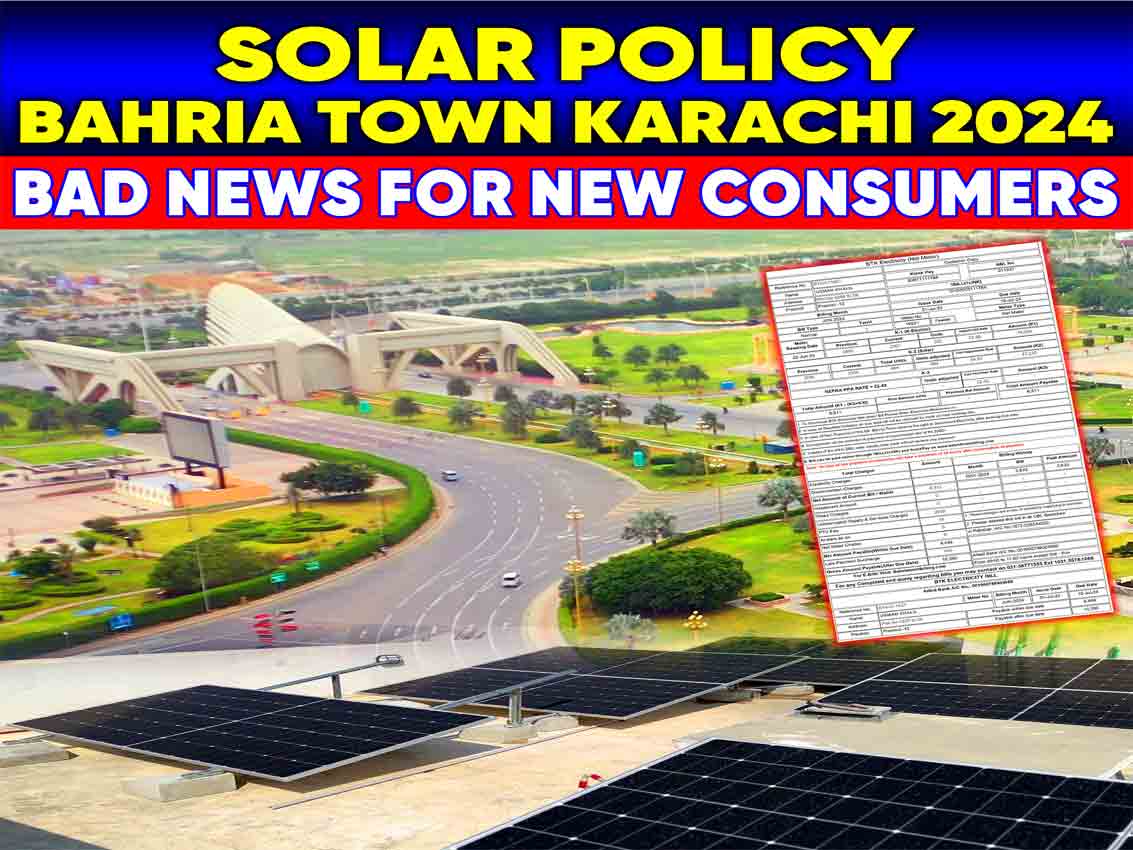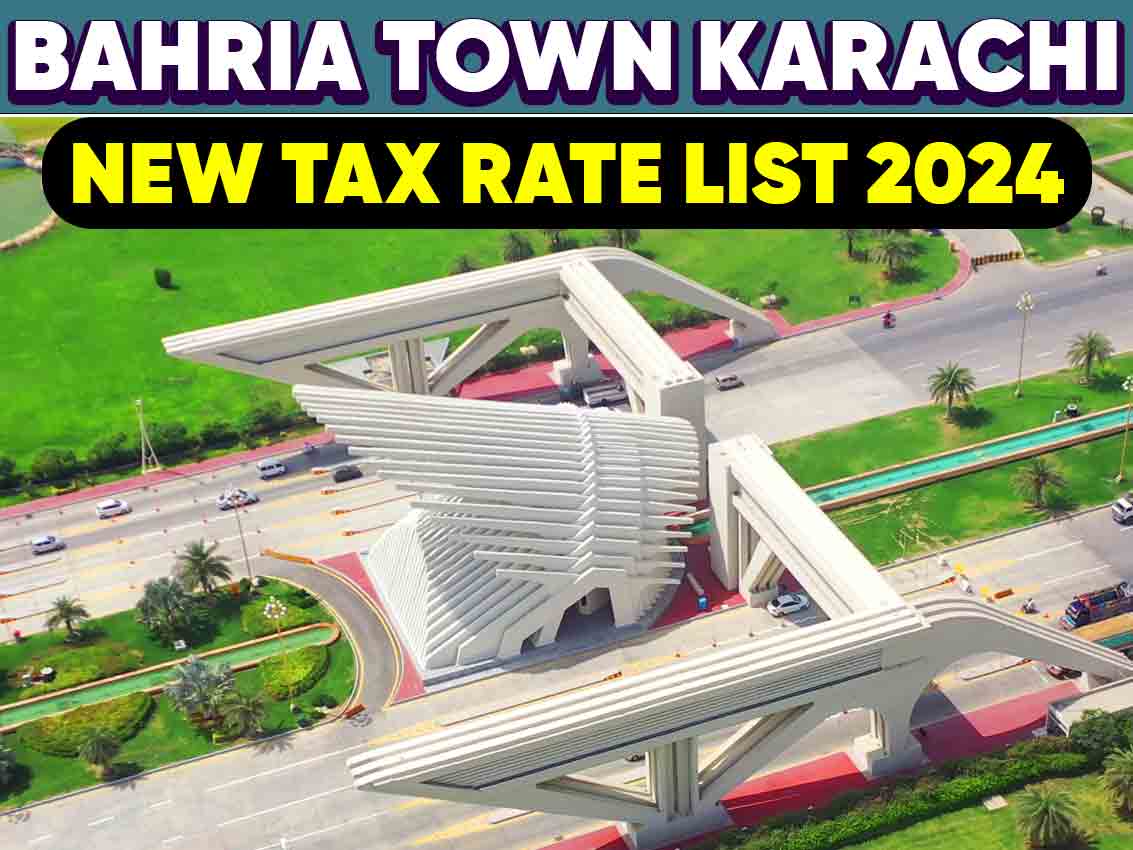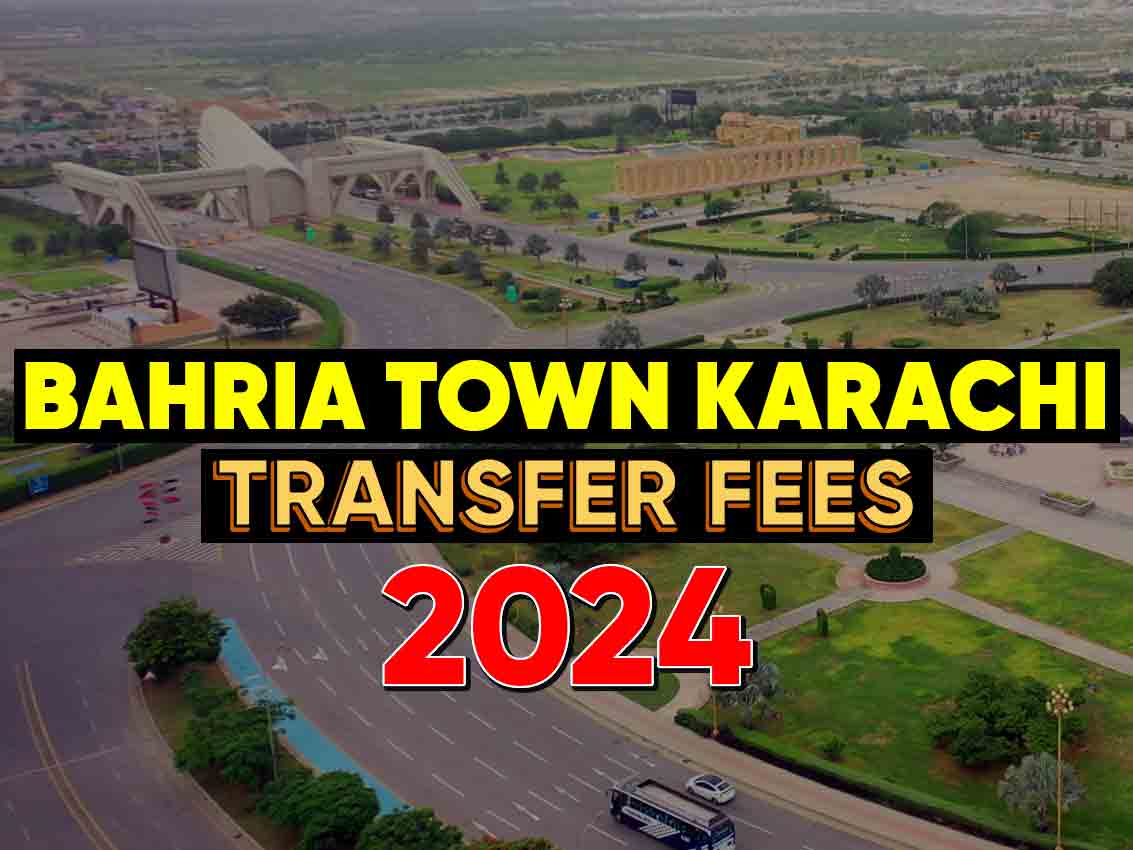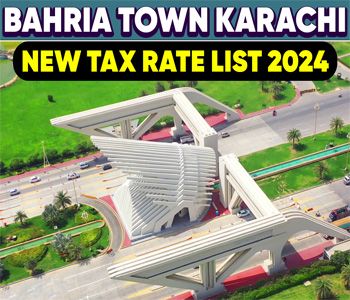Comprehensive Guide to Bahria Town Karachi Solar Policy
By
-
On
August 09, 2024
Bahria Town Karachi Solar Policy 2024: Everything You Need to Know
Introduction
Overview of Bahria Town Karachi’s Solar Policy
With rising electricity costs in Pakistan, solar energy has become an attractive alternative for homeowners. Bahria Town Karachi, one of the leading real estate developments in the country, has introduced a solar policy to help its residents save on electricity bills and reduce dependency on the grid.
Why Solar Energy is Important
The increasing cost of electricity has made it difficult for many to afford conventional energy sources. Solar power offers a sustainable and cost-effective solution, especially for residents in communities like Bahria Town Karachi.
Solar Policy for Villas
Solar Power Limits by Property Size
Bahria Town Karachi has specified the maximum allowable solar power installation based on the size of the villa:
- 125 sq Yard: 5KV Allowed
- 150 sq Yard: 5KV Allowed
- 200 sq Yard: 5KV Allowed
- 272 sq Yard: 8KV Allowed
- 350 sq Yard: 10KW Allowed
- 500 sq Yard: 15KW Allowed
- 1000 sq Yard: 25KW Allowed
Restrictions and Guidelines
Residents are not allowed to install solar systems that exceed the specified kilowatt (KW) limits. This policy ensures that the power generation is balanced and does not overload the community’s electrical grid.
Procedure to Install Solar Panels in Bahria Town Karachi
Step-by-Step Installation Process
- Obtain Solar Installation Form: Visit the Bahria Town Karachi Maintenance Office to get the solar installation form.
- Submit the Form: Fill out the form and submit it back to the office.
- Installation: After submission, proceed with installing your solar panels according to the guidelines.
- Site Inspection: A Bahria representative will visit your site to ensure that the installation adheres to Standard Operating Procedures (SOPs).
- Approval: Once the inspection is complete, Bahria Town will issue approval for your solar setup.
- Net Metering Installation: After approval, Bahria Town will install a net metering system, also known as a Green Meter.
Fast-Track Net Metering Process
Unlike other areas in Karachi where K-Electric takes up to three months to issue a Green Meter, Bahria Town Karachi completes this process within a week.
Off-Grid Solar Systems
Understanding Off-Grid Systems
An off-grid solar system includes a battery storage solution, allowing residents to store excess energy produced during the day for use at night. This system is ideal for areas within Bahria Town Karachi where electricity from the grid is not readily available.
Applications in Bahria Town Karachi
Residents in precincts like 15, 27A, 30, and 33, where grid electricity may not be available, are using off-grid systems to generate and store solar energy.
On-Grid Solar Systems
What is an On-Grid Solar System?
An on-grid solar system generates electricity during the day, which is used directly by the home. Any excess energy is sent back to the Bahria Town grid, and the homeowner is credited for this energy, which can offset the electricity they purchase from the grid at night.
Cost-Effectiveness of On-Grid Systems
On-grid systems are generally less expensive to install since they do not require battery storage. However, residents will still need to purchase electricity from Bahria Town during non-solar hours.
Bahria Town On-Grid System Policy
Understanding the Billing System
The electricity bill under Bahria Town's on-grid solar policy is divided into three columns:
- K1 - K-Electric: This shows the units of electricity purchased from Bahria Town Karachi during the month. The current rate is PKR 71.91 per unit.

- K2 - Solar: This column displays the units of electricity produced by the resident’s solar panels. Units shown here are typically lower because much of the solar energy is consumed directly by the home, and only the excess is sent to the Bahria grid. Bahria Town buys back these units at 20% less than the purchase rate, currently at PKR 58.25 per unit.

- K3 - NEPRA: This column shows excess units produced beyond what the resident consumed from Bahria Town. For example, if 500 units were produced and 400 units were purchased, the remaining 100 units are bought by Bahria Town at the NEPRA rate of PKR 22.42.

Calculation Example
Bahria Town uses these three columns to calculate the final bill for residents who have installed on-grid solar systems.

COMPLETE BILL EXAMPLE

Fixed Charges for Solar Customers
Monthly Fixed Charges
Bahria Town Karachi charges a fixed amount of PKR 2,500 per month for all solar customers. This fee is mandatory, even if the resident’s solar production exceeds their consumption.
Adjustment of Excess Solar Production
While excess solar production can offset the electricity bill, it cannot be used to reduce the fixed charges. These charges must be paid monthly regardless of the solar output.
FAQs about Bahria Town Karachi’s Solar Policy
Can I Install a Solar System Larger than the Allowed Limit?
No, the solar power installation must not exceed the limits specified for each villa size.
How Long Does it Take to Get Approval for Solar Installation?
Bahria Town Karachi typically issues approval within a week after the site inspection.
What is the Difference Between On-Grid and Off-Grid Solar Systems?
On-grid systems are connected to the Bahria Town grid and allow excess energy to be sold back, while off-grid systems use battery storage and are independent of the grid.
Do I Need to Pay Fixed Charges Even if My Solar System Produces Excess Energy?
Yes, the fixed charges of PKR 2,500 per month are mandatory and cannot be offset by excess solar production.
Conclusion
Key Takeaways
- Solar energy is a viable solution to combat rising electricity costs in Pakistan.
- Bahria Town Karachi’s solar policy outlines specific guidelines for both on-grid and off-grid solar systems.
- It is crucial to adhere to the KW limits and follow the installation process to ensure compliance with Bahria Town’s regulations.
Final Thoughts
Residents of Bahria Town Karachi can significantly reduce their electricity bills by installing solar systems. Understanding and following the solar policy is essential for a smooth and cost-effective transition to solar energy.













